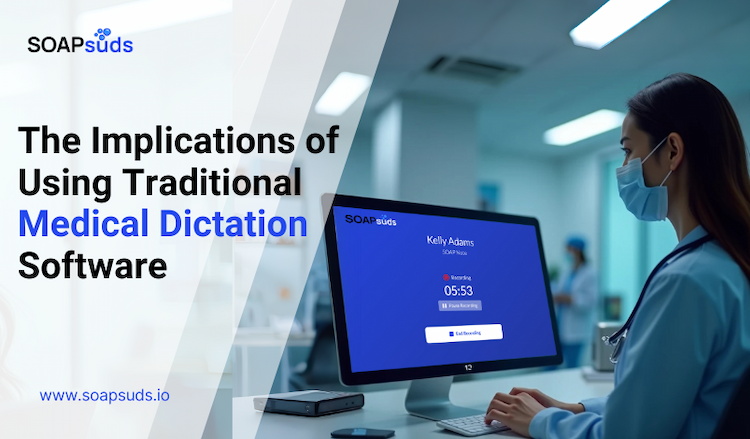Why AI in Healthcare Must Be Tested
SOAPsuds team
Published: 4/14/2025
SOAPsuds team
Published: 4/14/2025

You should regularly review the safety and compliance level of your speech-to-text software...

It’s important for healthcare staff to know the risks involved in using the wrong...

Home health executives are working under intense pressure: higher medical needs, fewer available staff, more

Before we explore why "progress notes" are essential, it’s important to first grasp the overall...

A SOAP note is a standardized approach used by mental health professionals to document and...

Despite significant differences in operations, both private practices and large hospital systems face a common...
Clinical Notes
SOAP notes
DAP notes
AI medical notes